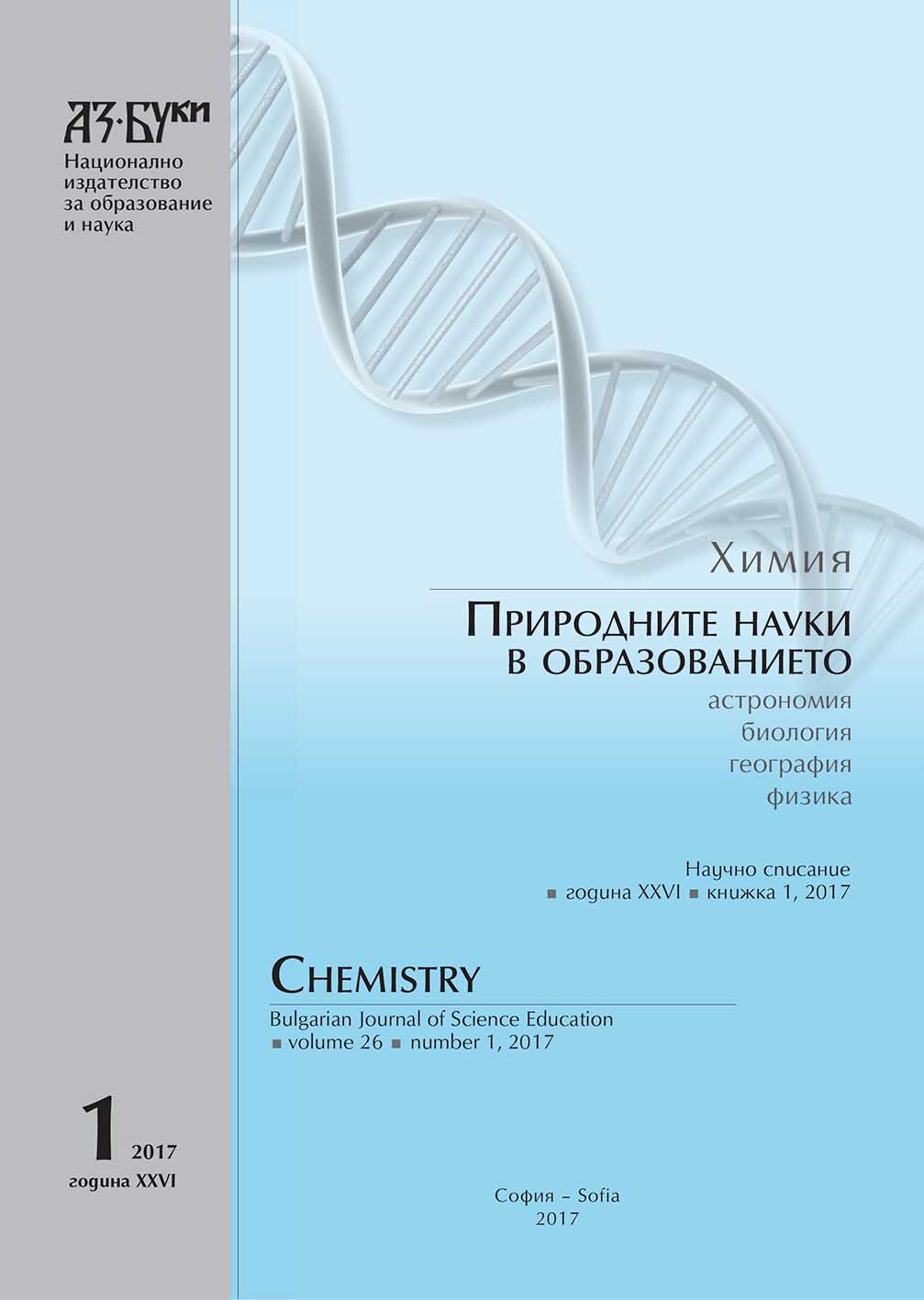
We kindly inform you that, as long as the subject affiliation of our 300.000+ articles is in progress, you might get unsufficient or no results on your third level or second level search. In this case, please broaden your search criteria.

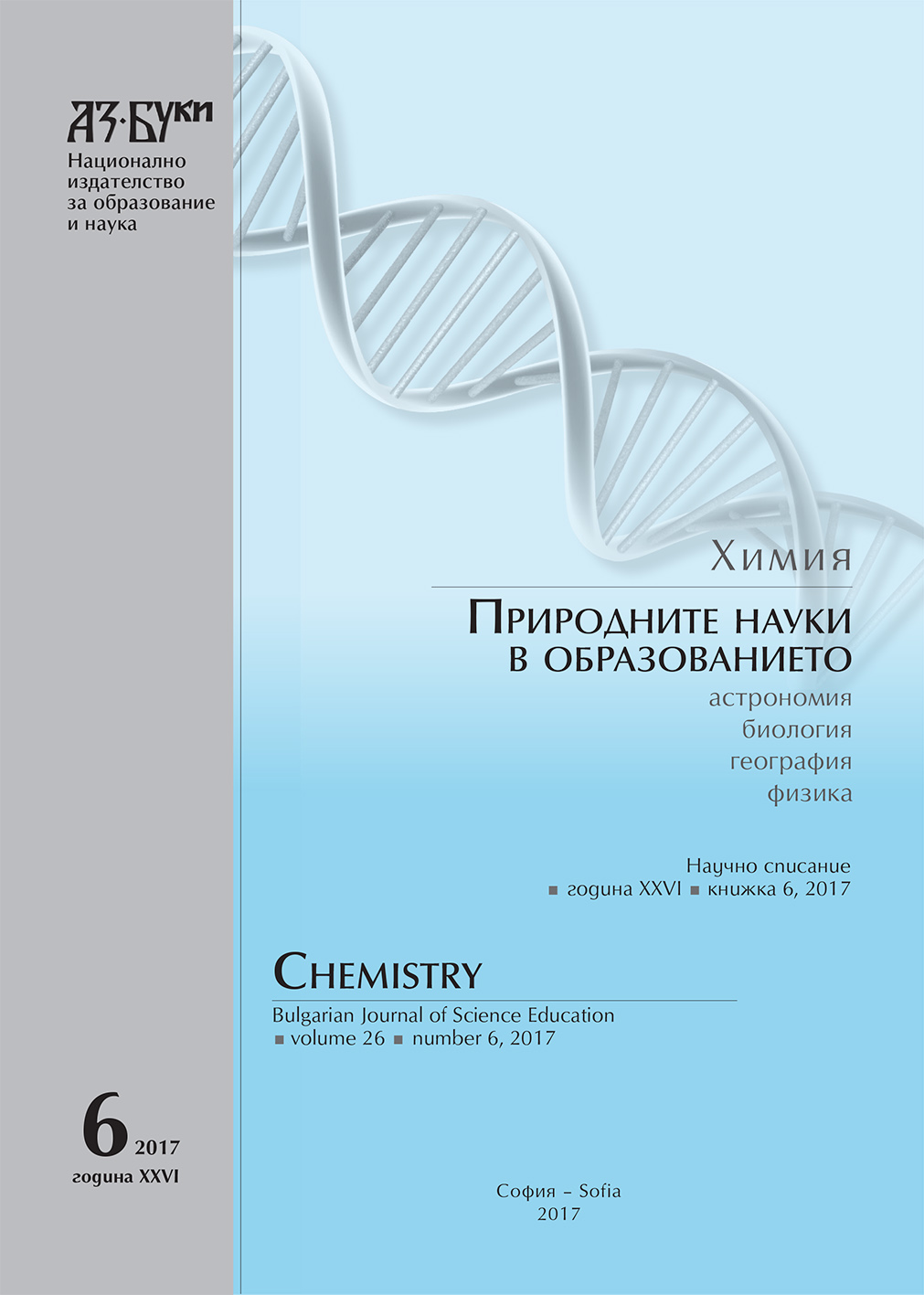
The overall aim of this two-year longitudinal study is to empowerchemistry students in secondary schools through the integration of ethnochemistryas a Culturally Responsive Teaching (CRT) approach. The CRT approach in thisstudy refers to the position promoted by Gay (2000) and the following five basicprinciples of CRT by Hernandez, Morales, and Shroyer (2013): content integration,facilitating knowledge construction, prejudice reduction, social justice, and academicdevelopment. The integration of ethnochemistry is applied to the basic principle ofcontent integration to engage students with their Indonesia indigenous knowledge.Indonesia has around 300 ethnic groups with differences in values, beliefs, andpractices which are explored in a limited way in the context of chemistry education.This research was conducted in four secondary schools using qualitative methodologywith multiple methods of observation, interviews, and reflective journals. The resultsshowed that the model of ethnochemistry integration in CRT approach was developedin this study and involved five main steps of self-identification, cultural understanding,collaboration, critical reflective thinking, and transformative construction can beimplemented in Indonesia chemistry classrooms. The students were empowered toexplore their cultural identity and develop their cultural awareness of appreciatingdifferences. The learning model provides opportunities for students to develop theirabilities in collaboration skills, empathy communication, and higher order thinkingskills alongside their engagement in chemistry learning. Students found that thelearning experiences have empowered them to engage in critical self-awarenessof their cultural identity, and character development within meaningful learningexperiences which are relevant to current Indonesia curriculum reform.
More...
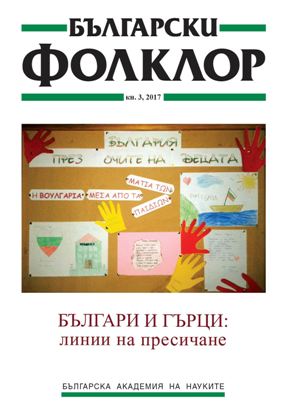
Basing herself on field studies in the villages of Kali Vrissi, Volak and Petrusa in Drama Region in Northern Greece, the author reviews the current state of the masquerade, which now takes place regularly between 6 and 8 of January. Banned after World War II and restored in the 1960s, the masquerade is today a part of the cultural heritage but also a living cultural practice whose elements (rituals, masks and verbal communication) have undergone remarkable changes through the years. Being a cultural construction that points to the past and unifies the heterogeneous population in this border region, every year the masquerade recreates the present and addresses day-to-day issues. Although different in each of the three settlements, the masquerade is a social phenomenon everywhere: from a traditional holiday it grew into an act of diachronic community presentation. At the same time the roles of those taking part in the masquerade are perceived by the local people not as a brief change of identity but as a special status.
More...
The text presents the history of the establishment and development of the Bulgarian Sunday School “Saint George the Zograph” in Thessaloniki (under the patronage of the Bulgarian Athos monastery “Saint George the Zograf”) and examines the curricular and the extra-curricular activities by means of which the Bulgarian cultural heritage is preserved and transmitted. Attention is also paid to the other Bulgarian formal and informal institutions staying in close contact with the school – for example the Consulate General of the Republic of Bulgaria in the city, the group for folk dances and music, as well as the Slavic church choir. Due to the celebration of the feasts and to the activity of the Bulgarian school, the Bulgarian community in Thessaloniki could be considered consolidated, organized and self-reproducing one while the Bulgarian Sunday school functions as a consolidating centre for it (i.e. as an institutional space which unites it and brings its members together upon their common interests as Bulgarian organizations and Bulgarian migrants). The school also functions as a mediator of the Bulgarian cultural heritage because of taking part in the events, organized by the local Greek society with performances including elements of the Bulgarian dance, music, verbal and ritual folklore.In other words, the knowledge about the Bulgarian language, religion, history, folklore and culture is reproduced and transmitted to the next generation (and to the Greek society) through the curricular and extra-curricular activities, as well as through the festive events within the Greek society and within the Bulgarian migrant community. Furthermore, this contributes to the maintenance of the Bulgarian spirit in Thessaloniki and to the preservation of the ethno-cultural identity of the Bulgarian migrants there.
More...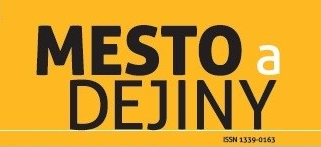
This article describes the city school and education in Bardejov in the Middle Ages. The development of school and education in Bardejov was strongly connected to the local church. Despite the city’s governance under the school, the education remained religious and teachers associated with ecclesiastical authorities. As the author points out, relation between schoolmaster and parish priest was not always respectable. The article explores educational level, social background and geographical origin of the individual lectors. It focuses on the duties of students, especially within the liturgical life of the parish church. The role of the city and its contribution to the school is described on payments from the town account books.
More...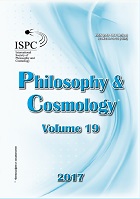
“The Society of the Future” as a futuristic project is a powerful source of modern management. The necessity of the new management for the society of the future is a paramount task for any country. In this article, we focus our attention on Ukraine. After the Revolution of Dignity, our country shows good dynamics of changes in the public sphere. However, these changes are hampered by old and ineffective management practices at the middle-level and lower-level of managers. Why is this happening? What strategies should be employed to remedy the situation? What are the new trends in training of civil servants in Ukraine? Research demonstrates that for various reasons a significant part of civil servants does not engage in the systematic development of their professional resource that is based on creativity. At the same time, a high level of tension existing in professional activity, specific difficulties in the public service system cause problems in the personal and professional development of civil servants, thus complicating the process of revealing this potential and, accordingly, obtaining the highest level of competence through the implementation of professional activities. This requires the establishment of an independent system evaluation of the managerial staff, based on personal merit and competence, in particular the development of competency profiles for senior managers in the Public Service system, as well as tools for evaluating candidates for management positions; the establishment of a network of independent evaluation centers for candidates for management positions.
More...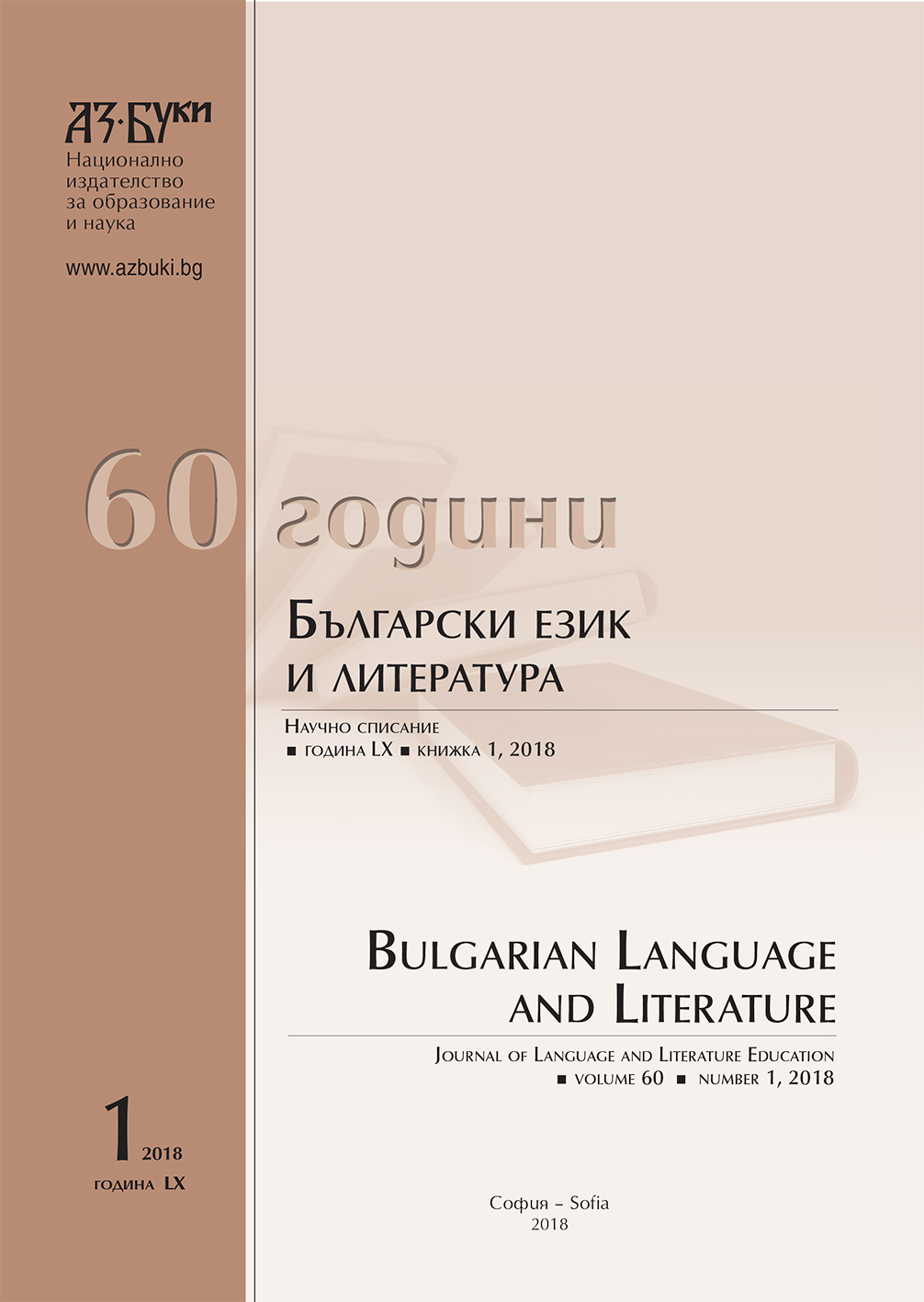

The article comments on trends in literature education in the high school stage based on an analysis of works by participants in the National Round of the Bulgarian Language and Literature Olympiad. Emphasis is placed on changing the receptive experience of modern students. It is argued that students have difficulties in perceiving things in their procedural relationship and focuses on the problem of misunderstanding literary texts. Attention is paid to problems in the Bulgarian literary science, which are designed in the literature programs in the high school stage and, respectively, in the textbooks of literature.
More...
The work addresses the issue of project-oriented literature education as a mode of forming, developing and maintaining skills, which implies interactive practices and at the same time - convergence of the pro-learning process towards constructing meaning, active learning - through action.The use of Project - oriented learning in literature classes (grades 8 – 12) has led to the increase of students‘ willingness to study (in particular, to form, develop and maintain practical, cognitive, meta-cognitive and interdisciplinary skills), of their ability to do work of significance, and it has also led to their need to be evaluated and engaged in the process of studying information in a way close to the one adults apply to learn and demonstrate their knowledge.
More...
The present technology produces an exemplified effective model of a Bulgarian language lesson for enhancing the receptive and productive skills of the students in the high school stage of their Bulgarian language education. It is related to the tasks for reading with understanding and producing a thesis and a summary of information from source texts. The lesson structure is built on the principles of systemic, cyclical and repeatability, including various techniques and forms of work, so as to avoid monotony, boredom and the template. Essential components include the work with student portfolio on the subject and the self-assessment card of achievements and omissions. Since the lesson has a pronounced communicative orientation, its application stimulates knowledge and intelligence, develops the general culture of the student.
More...
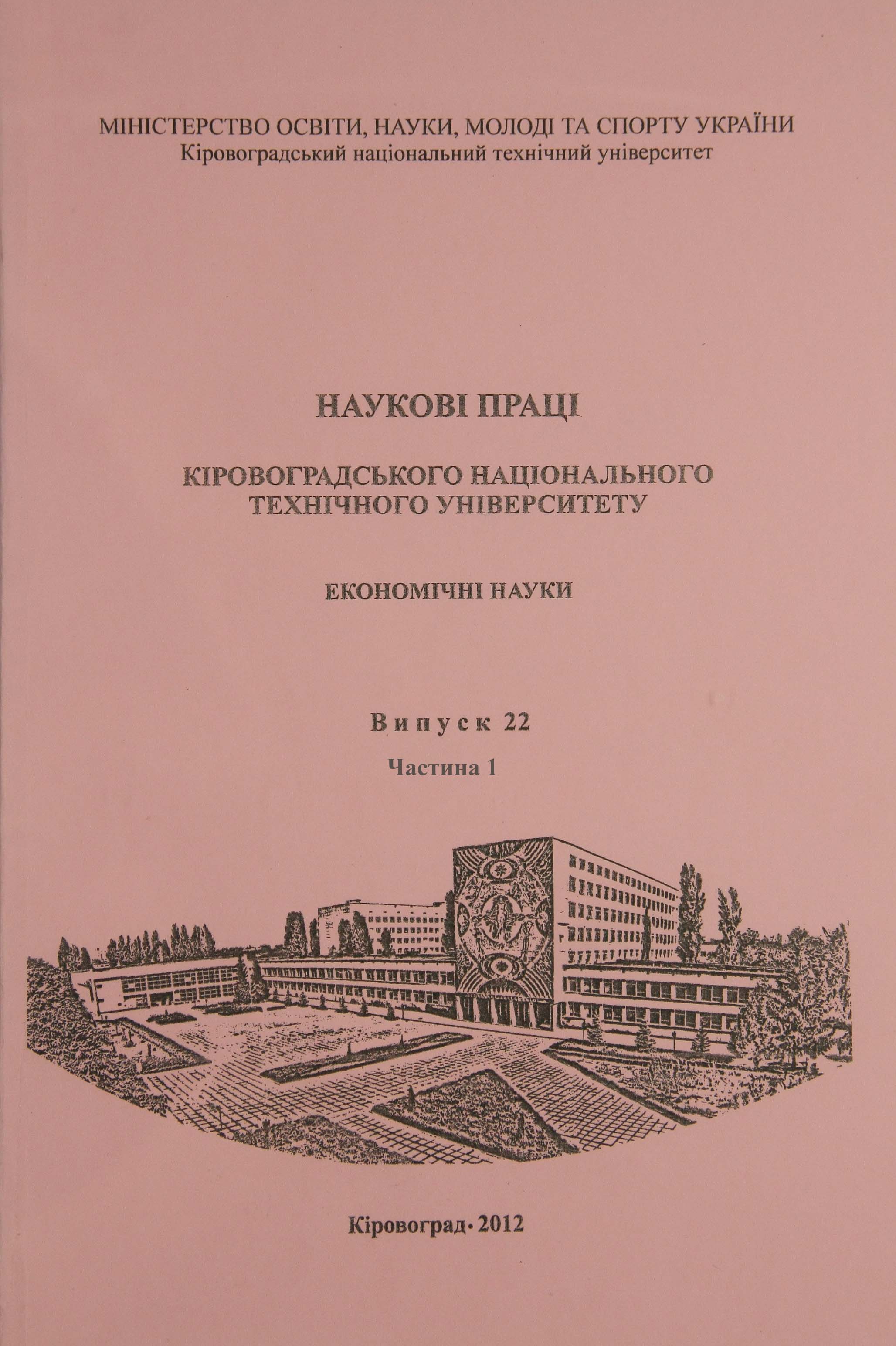
The article is devoted to the scientific views of evolution of development of the system of the professional training of workings personnels in Ukraine. The different of the stages of evolution of development of the system of the professional training of workings personnels are analysed. Directions of improvement of its scientific generalization and subsequent study of experience of the experience of vocational education.
More...
The article highlights the issue of legal education policy and educational management. Particularly noted that the effective formation of regional educational management priority is the decentralization of certain functions of state and transfer them to the regional level of management.
More...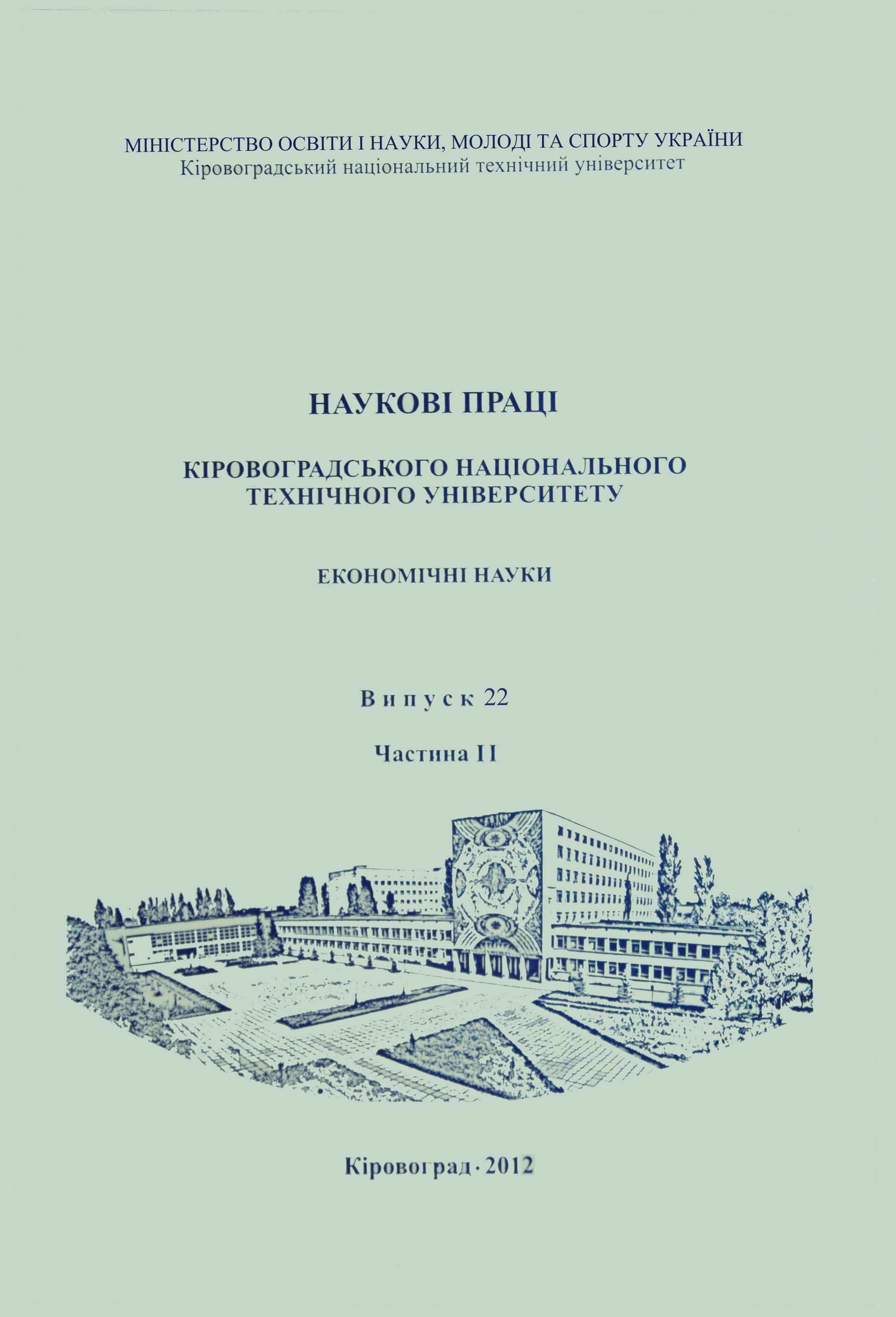
The essence of category «social-labour potential» was reflected. Meaningfulness of moral-ethics constituent of social-labour potential was exposed. The transformations of the valued orientations were analysed. The suggestions relatively of adjustment of moral-ethics constituent of social-labour potential were developed.
More...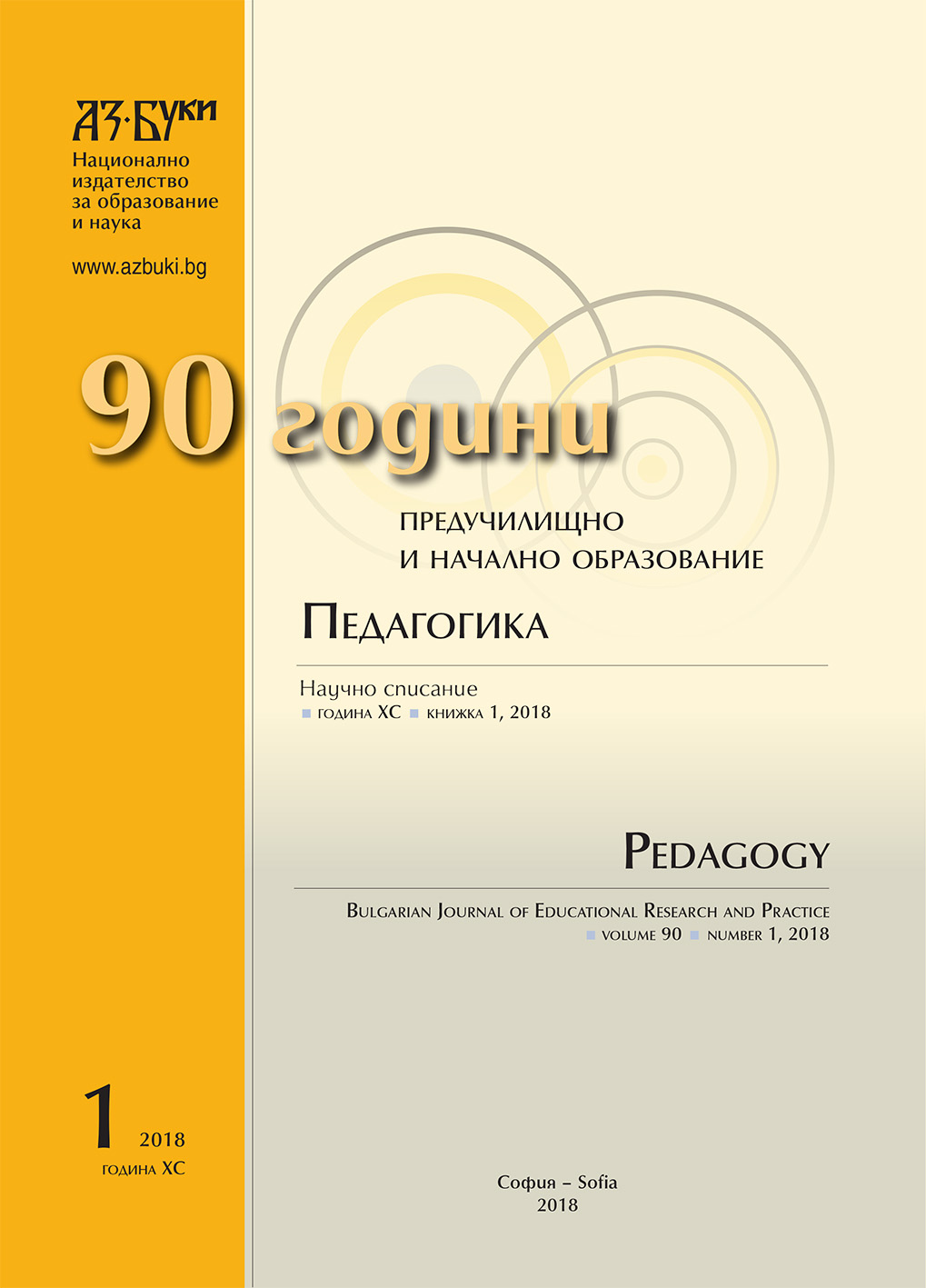

The author, as one of the founders of the Educational Theater, analyzes and defines the presented educational model as a form of non-formal education, which is constantly changing following both his original pedagogically conceived concept and world educational practices built on a visual and theatrical basis. Shown is the transformation from a leadership-oriented training model to an interactive theatrical-educational model, presented by the Funny Science Theater, which involves the children in the performance as partners and analysts of their own achievements. Outlined is the prospect of the changing paradigm - from the Watch, Play and Write model to Watch, Interact and Analyze, which is endorsed by the author as desirable and meaningful for learners.
More...
For the last few years many researchers have been alarming about the gruesome plummeting of language, mathematics and scientific literacy of the Bulgarian students. To address this problem, the collective effort of all the factors – teachers, pedagogic experts and representatives of the education sphere, are required. The main goal of this paper is to experimentally prove the efficacy of the non-formal educational practices which are used at University for Kids for improvement of the scientific literacy of students aged 12-15. The results from the pedagogical interactions with the students and the empirical data show that the teaching of chemistry, physics and biology, organized within the summer courses (academies) at University for Kids, stimulate the development of scientific literacy at this age group.
More...
The article presents the need of self-directed teachers’ continuous professional development with a focus on teaching children with diverse learning needs and abilities in mainstream classrooms in the context of the new Bulgarian Law on Education and the current situation of the Bulgarian educational system.The article presents the experience of Centre for Inclusive Education in developing materials for non-formal education for teachers in the field of inclusive education via launching a free on-line course on inclusive education for teachers, and the discussions on the course-related benefits, difficulties and recommendations.
More...
This article presents the results of a scientific research. An attempt has been made to find a correlation between the cultural origin, the social status of the family and the readiness of children to start school. In theoretical terms, ideas for the correlation between these factors and school readiness are presented. In order to realize the objective of the study, the following methods were used: a survey for parents, developed by the author of this study and “A test for the readiness of the children for school". The study included 150 respondents. 50 of them were children from two groups of the preparatory school and 100 - parents of the children who took part in the study. The results indicate that there is a correlation between the studied factors - cultural background, social status and readiness of children for school.
More...